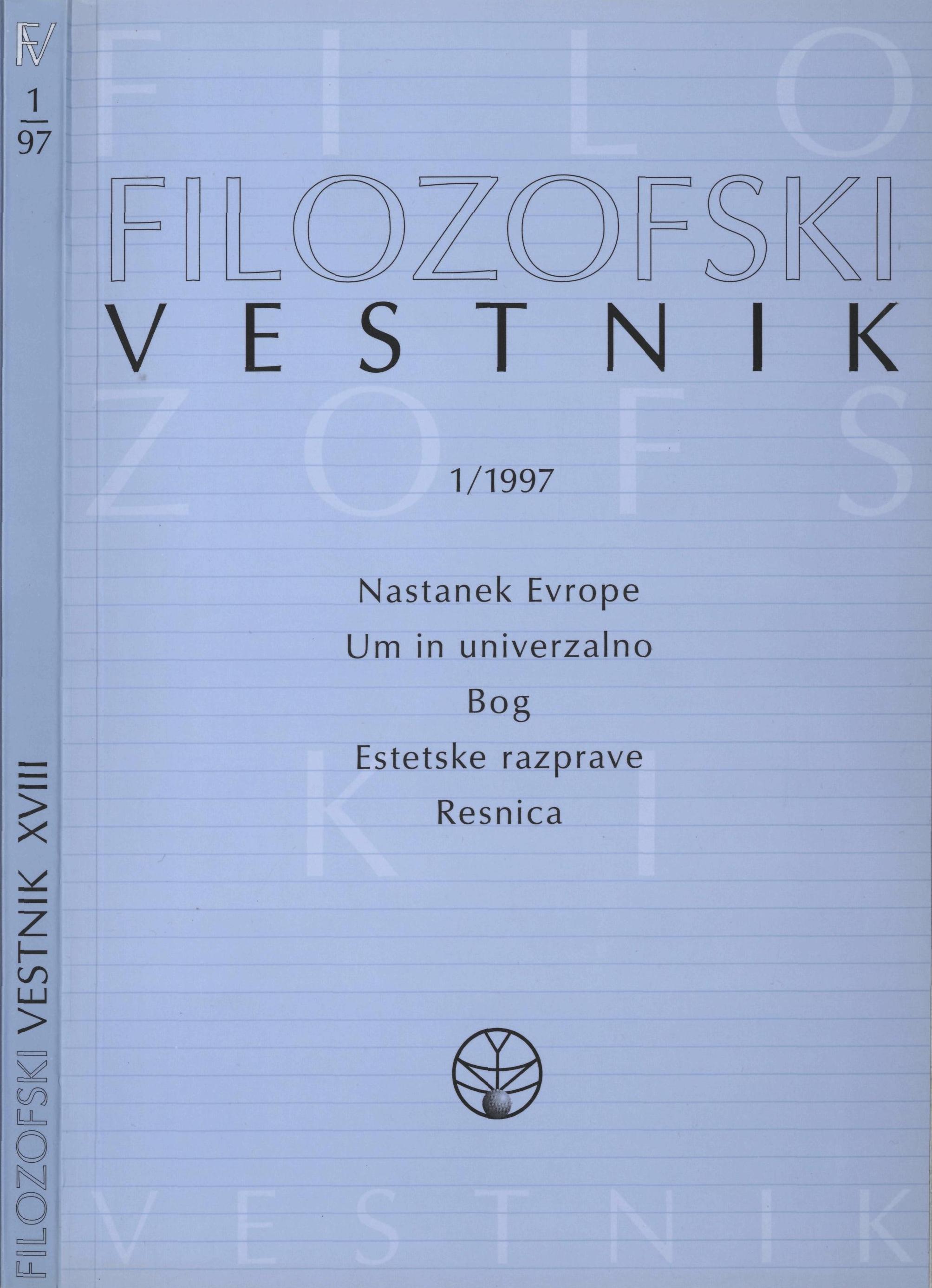Iznajdba “Evrope”: humanisti in vojna proti Turkom
Povzetek
V nasprotju z zgodovinami Evrope, pisanimi po koncu hladne vojne, ki po eni strani razšiijajo področje te zgodovine proti vzhodu, po drugi pa še naprej vidijo »izvor Evrope« v stari Grčiji, avtor postavlja tezo, da zgodovina Evrope ni starejša od Evrope kot skupnosti, ki se zaveda same sebe. Ta zavest seje oblikovala, ko so latinski kristjani začeli govoriti o Evropi kot skupnosti, kiji pripadajo, in o sebi samih kot Evropejcih. Pred 15. stol. beseda Evropa ni bila uporabljana pogosto in ni imela ne univerzalizirajoče, ne integrativne, ne mobilizacijske moči. Nosilec politične kolektivne zavesti Zahoda je postala šele, ko so se latinski kristjani odzvali na turško osvojitev Carigrada. Na podlagi številnih virov iz tistega časa, ki vsi zahtevajo, daje treba »Turka izgnati iz Evrope«, avtor sklepa, da seje Evropa kot politična skupnost oblikovala v sveti vojni proti »Turku«.Prenosi
Podatki o prenosih še niso na voljo.
Prenosi
Objavljeno
2016-01-24
Kako citirati
Mastnak, T. (2016). Iznajdba “Evrope”: humanisti in vojna proti Turkom. Filozofski Vestnik, 18(1). Pridobljeno od https://ojs.zrc-sazu.si/filozofski-vestnik/article/view/3975
Številka
Rubrike
Nastanek Evrope
Licenca
Avtorji jamčijo, da je delo njihova avtorska stvaritev, da v njem niso kršene avtorske pravice tretjih oseb ali kake druge pravice. V primeru zahtevkov tretjih oseb se avtorji zavezujejo, da bodo varovali interese založnika ter da bodo povrnili morebitno škodo.
Podrobneje v rubriki: Prispevki





